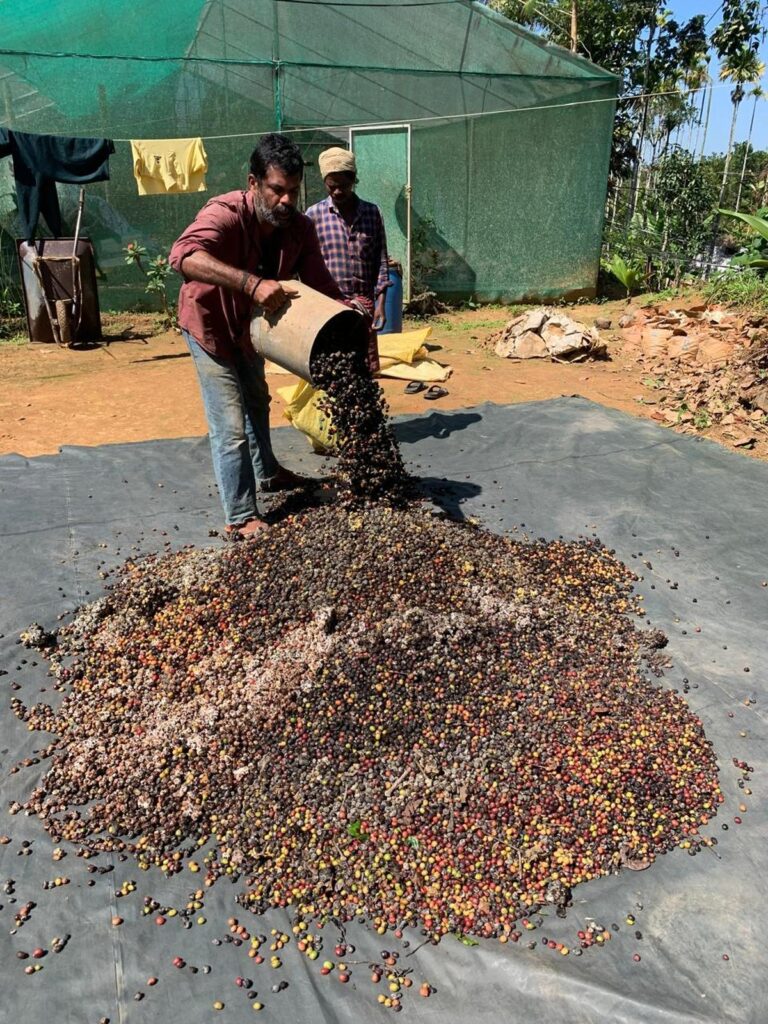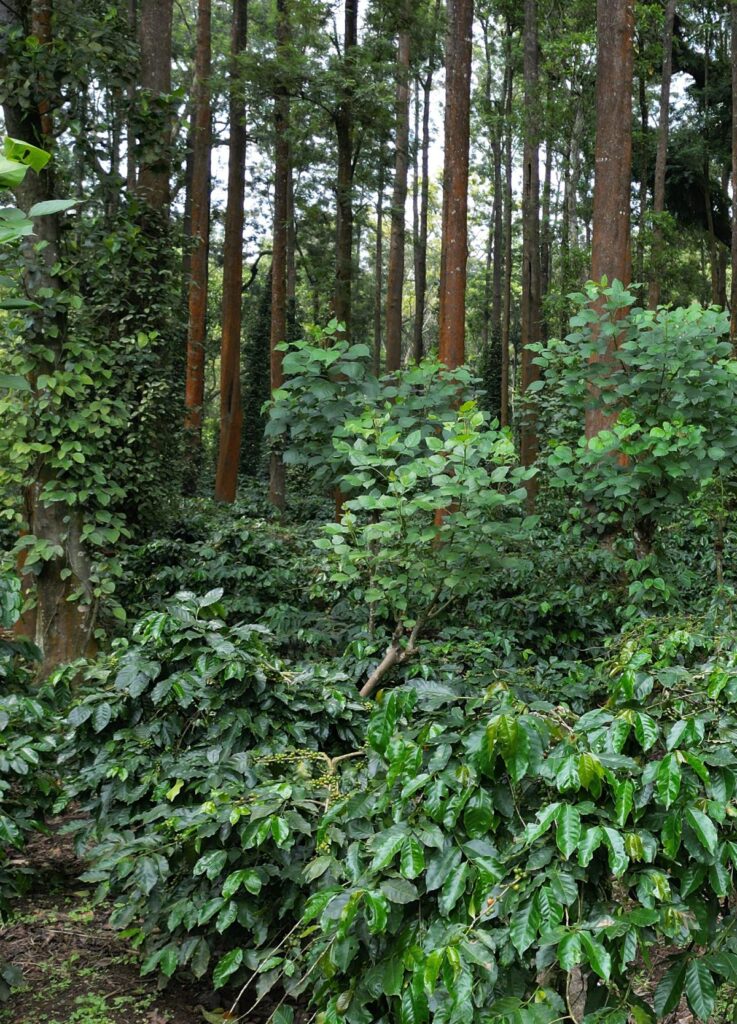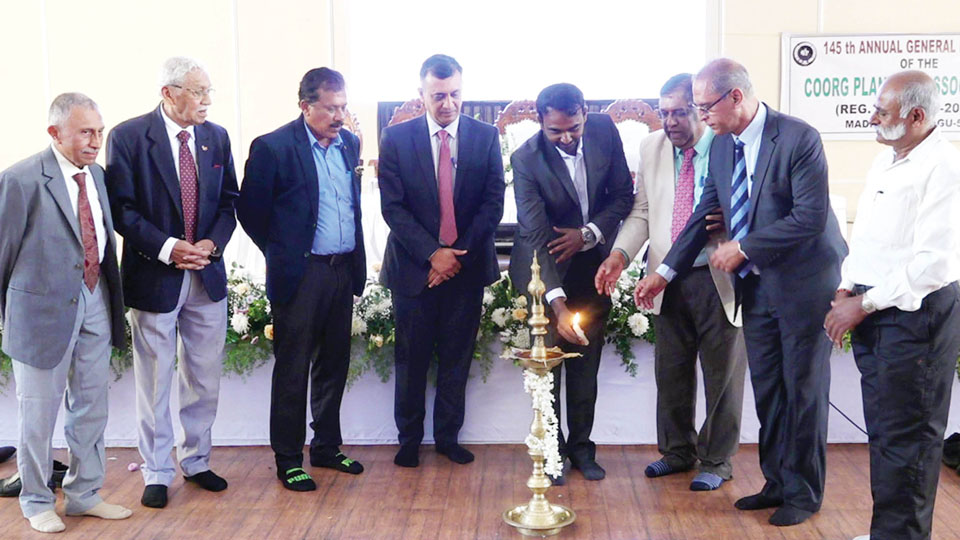We are planning to sell coffee online to popularise and promote GI-tagged coffee and make them accessible to consumers across the country, says Coffee Board Secretary and CEO K.G. Jagadeesha.
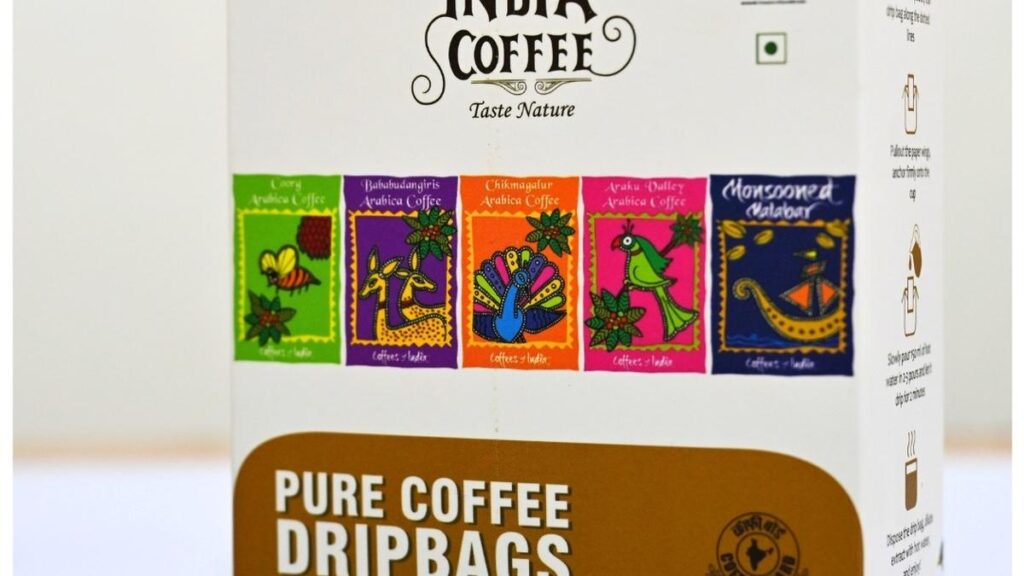
The GI-tagged coffee drip bags are designed for simplicity and effortless brewing, says the Coffee Board. | Photo Credit: special arrangement
The Coffee Board on Friday (March 29, 2025) introduced premium GI-tagged single-serve coffee drip bags to strengthen the domestic consumption of pure coffee in the country.
These GI-tagged coffee drip bags are designed for simplicity and effortless brewing and require just hot water and no equipment, said Coffee Board Secretary and CEO K.G. Jagadeesha at a media conference. “Only boiled water and a mug are required to brew a quality cup of pure black coffee,” he said.
Each drip coffee pouch contains five GI-tagged Arabica coffee varieties: Coorg Arabica, Chikmagalur Arabica, Bababudangiri Arabica, Araku Valley Arabica and the Monsooned Malabar Arabica coffee.
According to Mr. Jagadeesha, the drip bags being marketed under the India Coffee brand will be made available across all e-commerce platforms. “We are planning to sell coffee online to popularise and promote GI-tagged coffee and make them accessible to consumers across the country,’‘ he added.
Coffee Board also simultaneously launched Indian speciality coffee like GI-tagged Monsooned Malabar Arabica Coffee and Mysore Nuggets Extra Bold Arabica Coffee. Monsoon Malabar, he said, is the only monsoon coffee (where harvested coffee seeds are exposed to the monsoon rain and winds) in the world, Mr. Jagasheesha added.
Coffee culture
Coffee Board chairman M.J. Dinesh said the Board has been taking initiatives such as Kaapi Shastra, Barista Skills training, and participation in domestic exhibitions to promote coffee culture and thereby drive pure coffee consumption.
“Coffee farmers and entrepreneurs are getting training from the conception stage to the product stage. Even private coffee players can benefit from this training and start focusing on promoting GI-tagged pure coffees of India,’‘ said Coffee Board officials.
Under Atal Innovation Vision, the Coffee Board has been offering training to various coffee farmers and coffee entrepreneurs. Some 68 coffee startups, including over 20 start-ups in Karnataka, have come up under this scheme.
As per CRISIL estimates, India’s current coffee consumption is estimated at 95,000 tonnes.
source: http://www.thehindu.com / The Hindu / Home> News> Cities > Bengaluru / by The Hindu Bureau / March 29th, 2025


